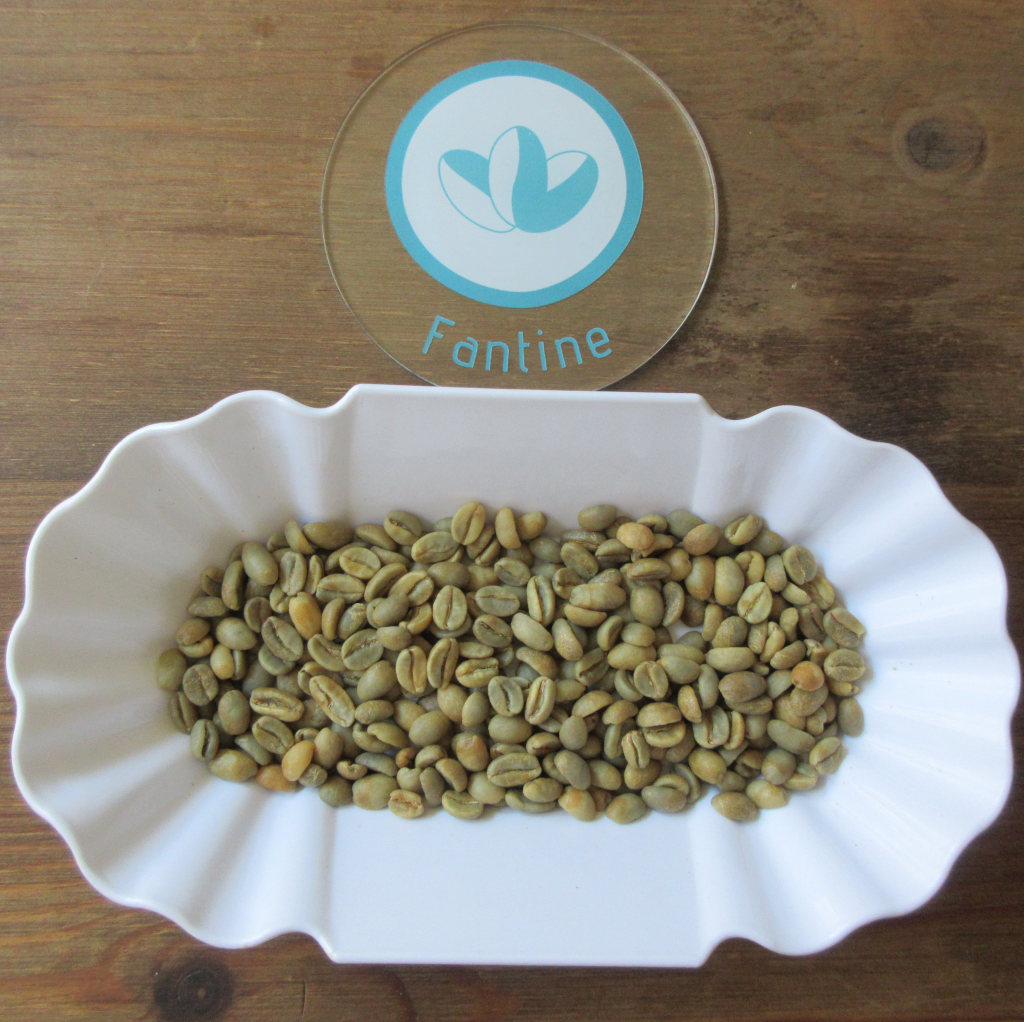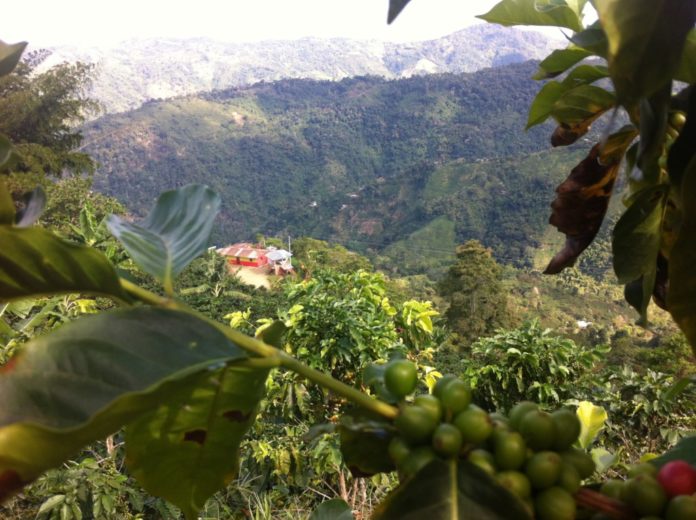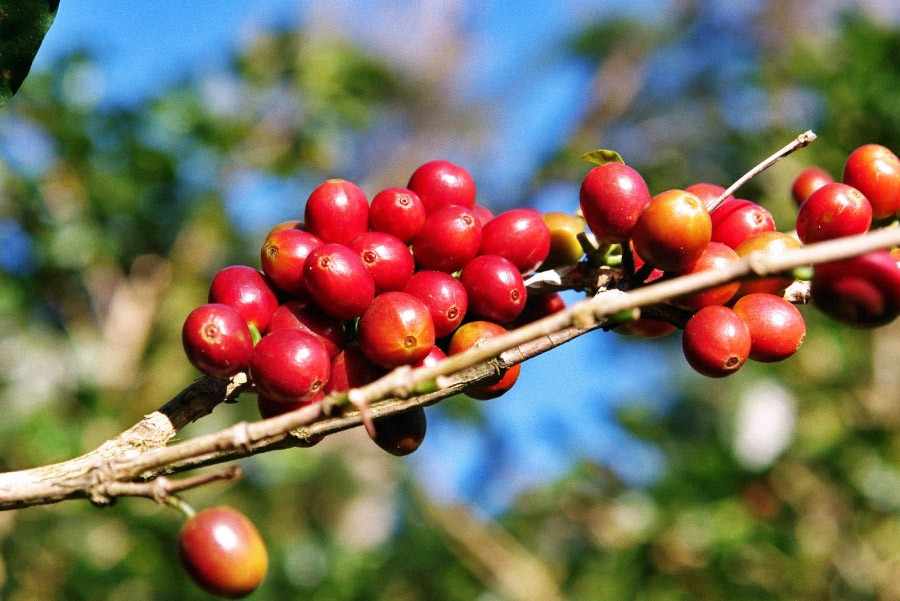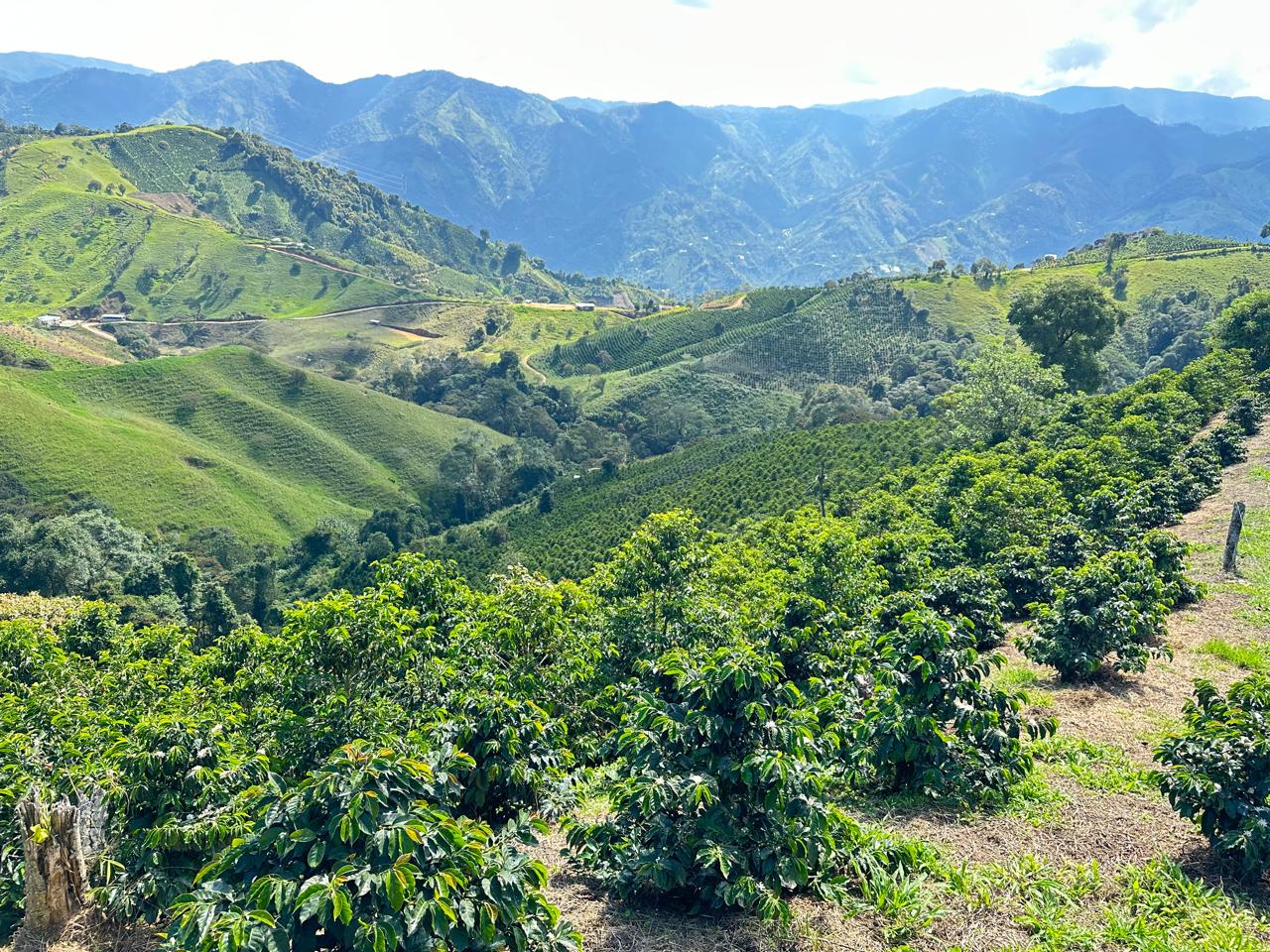Specialty green coffee lot: Gesha Natural
Gesha Natural 96 hours with notes of granadilla, mango and hibiscus.
| Region | Tolima |
|---|---|
| Estimated arrival | 06 Jun, 2025 |
| Processing | Natural |
| Notes | SweetFloral |
| Farming | Reduced PesticidesDeforestation-freeShade-grownIntercroppingFamily farm |
| Cultivar | Gesha |
| Altitude | 1780 masl |
| Bag Size | 24 (One 24kg box with two vacuum bags of 12kg) |
| Packaging | Vacuum |
| Drying | Sun-dried - African bed |
- Get to know who, how and where the coffee that you will sell to your clients is produced. Each coffee goes through a unique process, many times engineered by the producer herself. Acquire the coffee in a direct and consistent manner and praise the value created at the farm.
- Buying without the unnecessary intermediaries allows the producer to obtain better prices. This helps generate better jobs and more prosperous rural communities.
- When you buy pre-harvest you allow the producer to produce on demand at an agreed price. This is the most powerful way to motivate investment in quality. In addition, you indirectly support producers to get financing at a lower cost.
- Support producers who strive for implementing environmentally friendly cultivation practices. It requires a lot of effort and higher costs to protect the environment and put in practice cleaner ways of farming. Support a more environmentally sustainable industry and communicate this to your customers.
- Specially crafted coffee is not easily available as the big chunk of volume is pulled by commercial coffee, which is often institutionally protected. Therefore, buying crafted coffee is a great option to reward those risk-taking, innovative and revolutionary producers that are committed to conscious and quality consumption.

Terroir: Tolima
Tolima is located between the eastern slope of the central mountain range and borders the western part of the eastern mountain range and has all the thermal floors due to its location on the equator. This region has peaks at more than 5,000 metres above sea level with sub-zero temperatures (such as the Tolima snow-capped mountain) but also has temperatures above 40 degrees Celsius in the Magdalena valleys.
Rainfall is distributed throughout the year and the warm climate allows for twice-yearly flowering events and sandy textured soils with higher nutrient availability.
- Altitude (m.a.s.l.) 1600-2100
- Average temperature: 20.8 C
- Annual rainfall (mm) 1880
- Thermal Time (cumulative stages 2 and 3) 2140-2470

Cultivar: Gesha
The Gesha variety originally comes from the Ethiopian Gori Gesha forest, the first Gesha plants were originally collected in Ethiopia in the 1930s. The variety eventually landed at the Tropical Agricultural Research and Higher Education Centre (CATIE) in Costa Rica in the 1950s, and in the 1960s a Panamanian government official came to CATIE looking for new coffee varieties to try growing in the country. From there, the now legendary and famous story of the Panamanian Gesha was created.
The terms Gesha and Geisha are used interchangeably, in connection with the fact that there is no established translation of the Ethiopian dialects into English. Coffee was first recorded in germplasm records with the spelling "Geisha", and coffee researchers and germplasm banks have maintained the spelling for many decades, leading to its first promotion and use in the coffee industry.
Coffee was originally harvested in Ethiopia in a region near a mountain whose name is commonly translated in English as Gesha. Consequently, many in the coffee industry have preferred to rescue that spelling. In the cup they are renowned for citrus notes, extreme sweetness and floral elements. Their quality potential is excellent when produced at good altitude in very well fertilised soil.

